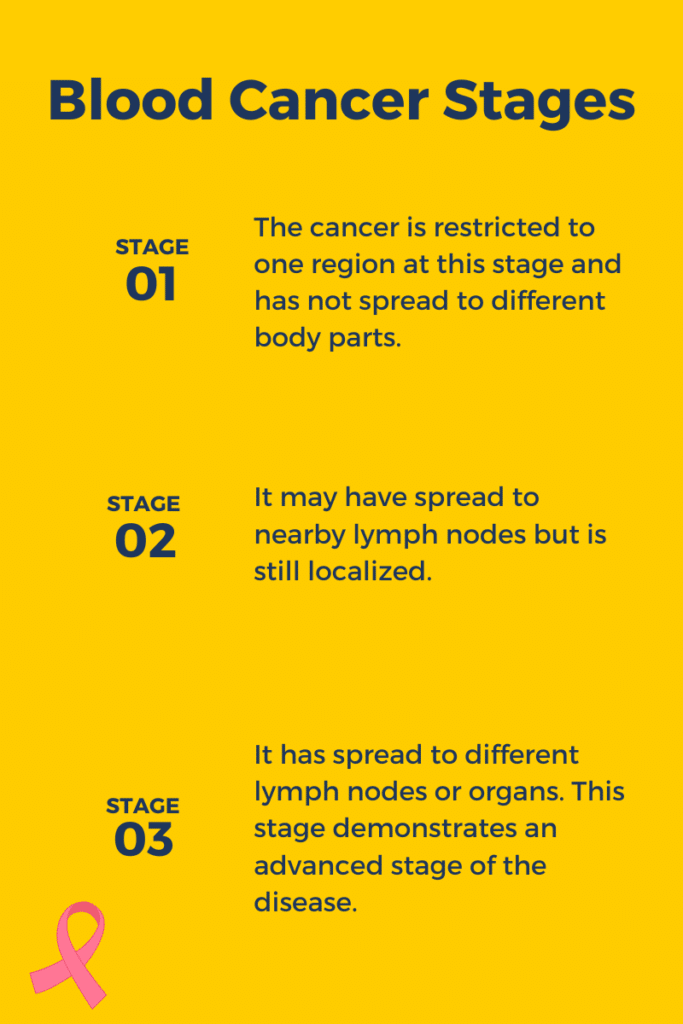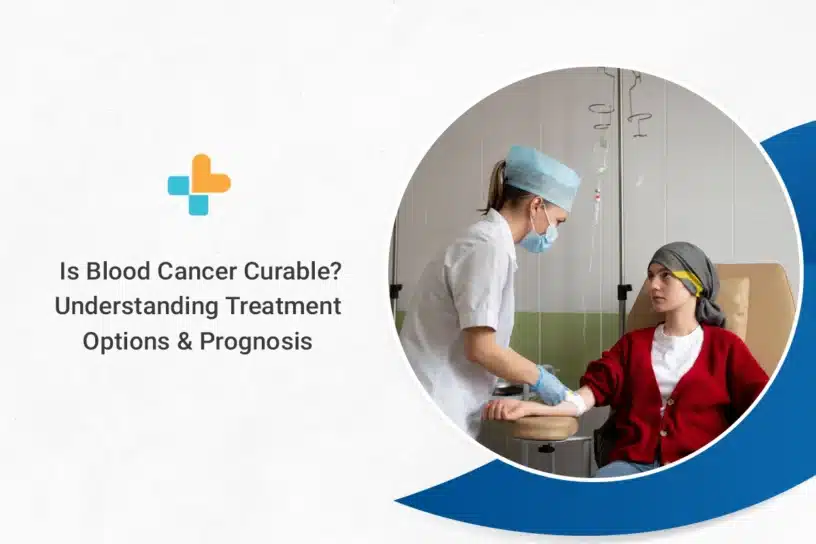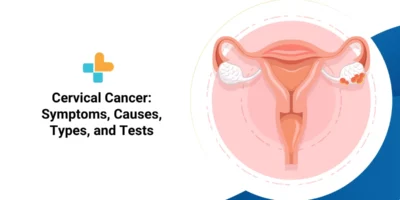Blood cancer, otherwise called haematological malignancy, is a critical health concern. It represents 8% of all new cancer cases in India.
Blood cancer affects the production and functioning of red blood cells, white blood cells, and platelets. It’s crucial for patients and their families to learn about the various types, stages and therapy options for blood cancer.
Is blood cancer curable? Or, at least, is blood cancer curable in the first stage? This article sheds light on treatment and prognosis options.
Who is Affected by Blood Cancer?
Blood cancer can affect people of any age and gender. In any case, certain variables increase your chances of blood cancer:
- Family history: A genetic relation with blood cancer increases the probability of the disease.
- Age: The risk of blood cancer, for the most part, increases with age.
- Exposure to radiation or certain chemicals: Longer exposure to ionizing radiation can increase cancer risk. Certain chemicals might also add to the development of blood cancer.
Is Blood Cancer Curable?
The answer to this question is complex. The cure rate of blood cancer depends on various factors, such as the specific type of blood cancer, its stage, and an individual’s response to treatment.
Diagnosis involves blood tests, bone marrow biopsy, imaging scans, and genetic testing.
Hodgkin’s lymphoma has a high cure rate, especially when detected early, with most patients achieving long-term remission or cure.
Some forms of non-Hodgkin’s lymphoma and multiple myeloma may not be curable. But they are treatable, leading to improved quality of life. Ongoing advancements in research and treatment options provide hope for better outcomes.
Blood Cancer Stages
There are different stages established based on their progression.

Types of Blood Cancer
There are several types of blood cancer. Each of them has its own characteristics and treatment approaches.
1. Myeloma
Myeloma affects plasma cells, which are responsible for producing antibodies. This kind of blood cancer can weaken the immune system and affect bone health.
Treatment options for myeloma include chemotherapy, targeted treatment, immunotherapy, and stem-cell transplantation.
2. Lymphoma
The lymphatic system, which includes the spleen, lymph nodes and bone marrow, is where lymphoma starts. Reed-Sternberg cells are a sign of lymphoma.
Treatment for lymphoma includes chemotherapy, radiation therapy, immunotherapy, targeted therapy, and stem-cell transplantation.
3. Leukaemia
Leukaemia affects the bone marrow and overproduces white blood cells. There are two types of leukaemia: chronic and acute.
Diagnosis of Blood Cancer
Blood cancer is diagnosed with a series of tests and procedures.
These may include blood tests, bone marrow biopsy, imaging scans and genetic testing. These tests help determine the type, stage and extent of the cancer.

Blood Cancer Treatment
The treatment for blood cancer relies upon the type, stage and patients. A multidisciplinary method is essential, including oncologists, haematologists and other healthcare experts.
Some common treatment options are as follows.
1. Chemotherapy
Chemotherapy uses medications to destroy cancer cells or restrain their development. It is administered orally, intravenously or through injections.
2. Radiation Therapy
Radiation treatment includes using high-energy beams to target and destroy cancer cells. It is in conjunction with other treatments and treats localized diseases.
3. Bone Marrow Transplant
This kind of transplant replaces the diseased bone marrow with healthy cells and marrow. It tends to be autologous (using the patient’s cells) or allogeneic (using donor cells).
4. Targeted Therapy
This kind of therapy uses drugs that target cancer cells, minimizing damage to healthy cells. These medications alter the molecules or pathways that cancer cells depend on for spreading.
5. Immunotherapy
Immunotherapy enhances your immune cells to target and destroy cancer cells. Immunotherapy has altered the treatment of specific blood cancers.
5. Cancer Surgery
Surgery is a must in some cases, such as in the removal of an enlarged lymph node or tumour. It is often combined with other treatments for better outcomes.
While surgery plays a limited role in the treatment of blood cancer, it may assist in diagnostic purposes or relieve symptoms caused by the disease.
Treating Blood Cancer at Ayu Health
At Ayu Health Network of Hospitals, we focus on giving complete and customized cancer care.
Our accomplished medical experts offer cutting-edge treatment options and cancer care services. These approaches guarantee the ideal results for patients with blood cancer. We provide precise diagnoses and tailored treatment plans.
Every member of the Ayu Health Network of Hospitals endeavours to work on the well-being of people combating this disease. Our multidisciplinary team collaborates to give compassionate care, addressing every necessity of patients.
Also Read : What Are The Early Symptoms Of Blood Cancer?
Visit our website to learn more.
Our Hospital Locations
Oncology Surgery Hospitals in Bangalore | Oncology Surgery Hospitals in Jaipur | Oncology Surgery Hospitals in NCR | Oncology Surgery Hospitals in Hyderabad
Our Doctors
Oncology Surgery Doctors in Bangalore | Oncology Surgery Doctors in Jaipur | Oncology Surgery Doctors in NCR | Oncology Surgery Doctors in Hyderabad
References:
https://pubmed.ncbi.nlm.nih.gov/12225999/
https://pubmed.ncbi.nlm.nih.gov/35223455/
https://www.ncbi.nlm.nih.gov/pmc/articles/PMC6071546/
https://www.mdanderson.org/cancerwise/radiation-treatment-for-blood-cancers.h00-159538956.html
https://www.cancer.gov/about-cancer/treatment/types/immunotherapy
https://ayu.health/blog/what-are-the-early-symptoms-of-blood-cancer/
About the Author

Dr. Shivakumar Uppala
Dr. Shivakumar Uppala is renowned as one of the best Cancer Specialist Doctors in the country, has performed more than 500 surgeries till now, and is an experienced surgical oncologist as well as a consultant. He is practicing at Ayu Health, Bangalore. He is a specialist in Surgical Oncology and MS - General Surgery Laparoscopic Surgeon.




